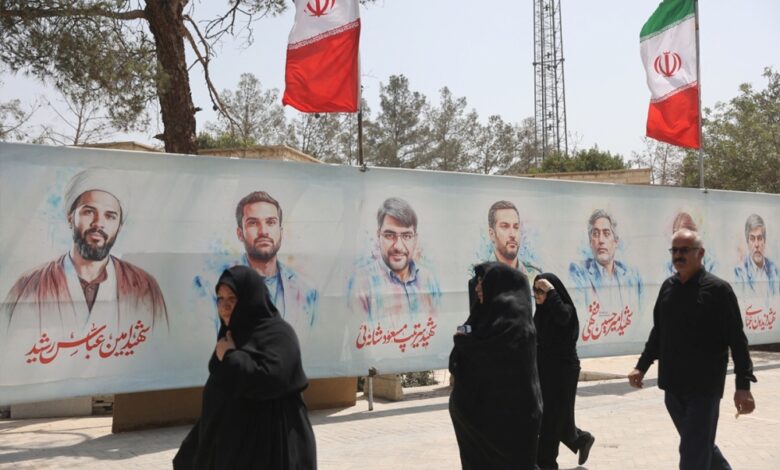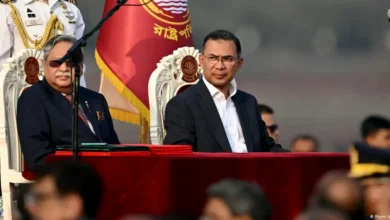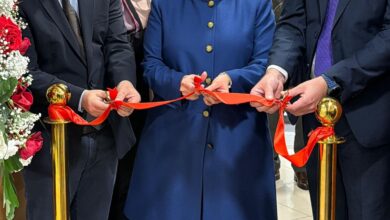Khamenei threatens U.S. bases amid calls for Iran to restore Gulf trust
Iran rejects Russian offer, insists on right to enrich uranium in new deal talks; Araqchi says Tehran open to diplomacy but no deal without enrichment; Israel warns of striking Iran amid reports of secret enrichment sites

As Gulf states urge Iran to rebuild trust following last month’s attack on Qatar, Iranian Supreme Leader Ali Khamenei issued new threats against U.S. interests in the region.
In a post on his official X account, Khamenei warned of repeated strikes on vital American sites, referencing the recent missile attack on the Al Udeid base in Qatar, which the Pentagon confirmed had targeted U.S. and allied forces.
“Iran dealt a slap in the face to America by hitting one of its key bases. This strategic capability may be used again,” Khamenei declared.
While regional leaders call for de-escalation, tensions are rising on multiple fronts, reports Al-Jarida daily.
According to the Wall Street Journal, Israeli Prime Minister Benjamin Netanyahu informed U.S. President Donald Trump that Israel would not hesitate to strike Iran if it again pursued nuclear weapons. Trump, while favoring diplomacy, reportedly did not oppose Israeli military action.
The report added that Israel retains intelligence on potential secret Iranian nuclear sites and may act without U.S. approval if necessary.
Israeli Defense Minister Yisrael Katz echoed the warning, saying the military is preparing to ensure Iran cannot pose a renewed threat after last June’s 12-day conflict.
The U.S., France, and Russia are reportedly discussing a potential new nuclear agreement with Iran.
According to Axios, Russian President Vladimir Putin proposed a deal under which Iran would halt enrichment in exchange for Russia supplying enriched uranium.
Tehran rejected the idea and reiterated it will not abandon its right to enrich uranium.
Iranian Ambassador to Russia Kazem Jalali reaffirmed this stance, saying Iran remains committed to its nuclear program and has no intention of retreating.
Iranian Foreign Minister Abbas Araqchi confirmed that indirect diplomatic contacts with Washington are ongoing through intermediary nations. He emphasized that any future agreement must guarantee Iran’s right to enrich uranium and that military capabilities are not up for negotiation.
Araqchi also warned that reactivating the UN sanctions trigger mechanism would eliminate Europe’s role in the nuclear talks. Speaking to diplomats in Tehran, he said Iran will remain a signatory to the Nuclear Non-Proliferation Treaty (NPT) but will manage its cooperation with the IAEA solely through the Supreme National Security Council, as mandated by Iranian law.
He concluded that while Iran is open to a diplomatic resolution, any return to talks requires credible U.S. guarantees that it won’t resort to military action again, adding that the nuclear issue can only be resolved through diplomacy.











